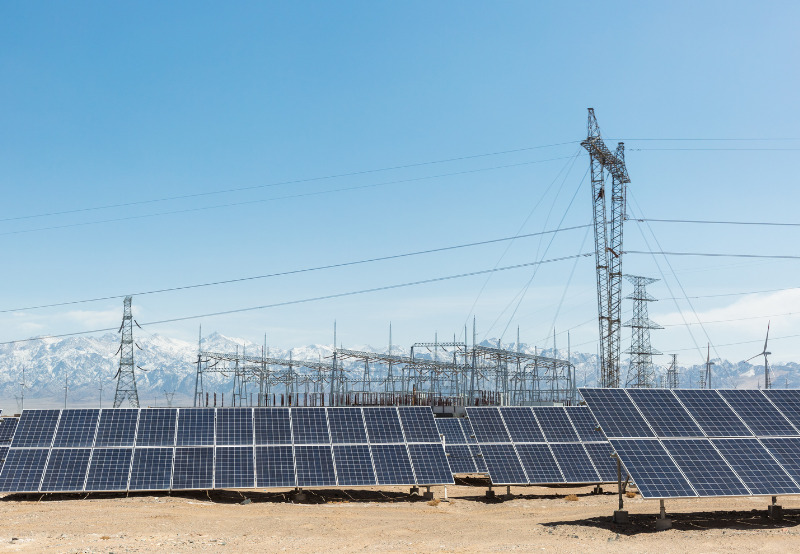Husk Power Systems, a pioneering renewable energy company, has unveiled ambitious plans to deploy 1,000 mini-grids in Nigeria, marking a significant stride in their Africa Sunshot Initiative.
The announcement came during the Africa Climate Summit (ACS) held in Nairobi, Kenya, where Husk Power Systems outlined its mission to accelerate climate-resilient economic growth in rural sub-Saharan Africa.
Read also: Husk Power installs 8 Solar Microgrids across Nigeria
Mini-Grids: Illuminating the Path to Sustainable Energy
But what exactly is a mini-grid? A mini-grid represents a strategic aggregation of electrical loads, coupled with one or more energy sources, all designed to deliver reliable electricity to communities. In the modern era, these mini-grids encompass a mix of renewable and fossil fuel-based generation, energy storage solutions, and advanced load control systems.
Husk Power Systems is committed to mobilizing a substantial investment of $500 million in equity and debt to realize its Sunshot vision. According to the World Bank, electrifying the lives of 380 million people in sub-Saharan Africa by 2030 will necessitate the creation of over 160,000 mini-grids, entailing a total expenditure of $91 billion. Without this massive industry scale-up, achieving Sustainable Development Goal 7 (SDG7) of universal access to affordable and clean energy will remain an elusive aspiration.
Commitment to Excellence and Collaboration
Manoj Sinha, Co-founder and CEO of Husk Power Systems, underscored the importance of operational excellence in meeting the Africa Sunshot targets. “We are ready to mobilize immediately,” he affirmed. Sinha also stressed the crucial role of government support in crafting policies that seamlessly integrate mini-grids into national electrification and energy transition strategies. Moreover, he emphasized the vital role of investors, including development finance institutions, infrastructure funds, and commercial debt providers, in providing the necessary capital to meet accelerated timelines.
Olu Aruike, Husk’s Nigeria Country Director, highlighted the company’s ongoing efforts in Nigeria to foster climate-resilient growth. He expressed readiness to expand these initiatives across the continent. “Now is the time to support a 10-fold increase in the mini-grid industry and supercharge low-carbon and climate-resilient growth in rural Africa,” Aruike declared. “We’re already doing it at scale today in Nigeria, the world’s largest off-grid market, and it’s time to roll out that scale across the continent.”
Empowering Local Communities
Husk Power Systems recognizes that the success of its initiative hinges on community involvement and empowerment. As part of their approach, they plan to engage local communities in the construction and maintenance of these mini-grids. This approach not only creates jobs and skills development opportunities but also fosters a sense of ownership among the residents, ensuring the long-term sustainability of these energy solutions.
The Africa Sunshot Initiative by Husk Power Systems aligns perfectly with the global push to address energy poverty and combat climate change. Access to reliable and clean energy is a fundamental human right, and initiatives like these are essential steps in achieving universal access to affordable and clean energy (SDG7).
By deploying 1,000 mini-grids in Nigeria, Husk Power Systems is not only lighting up rural communities but also contributing to the reduction of greenhouse gas emissions. These mini-grids will reduce the reliance on fossil fuels, mitigate environmental damage, and promote a more sustainable future for all.
A Bright Future for Rural Africa
Husk Power Systems’ commitment to deploying 1,000 mini-grids in Nigeria reflects a bold step towards providing sustainable and affordable electricity to underserved communities. This initiative aligns with broader efforts to address climate change and drive economic growth in sub-Saharan Africa, offering a ray of hope for a brighter, cleaner, and more prosperous future for the region. As the world grapples with the challenges of the 21st century, innovative solutions like these will play a pivotal role in building a more sustainable and equitable world for all.




